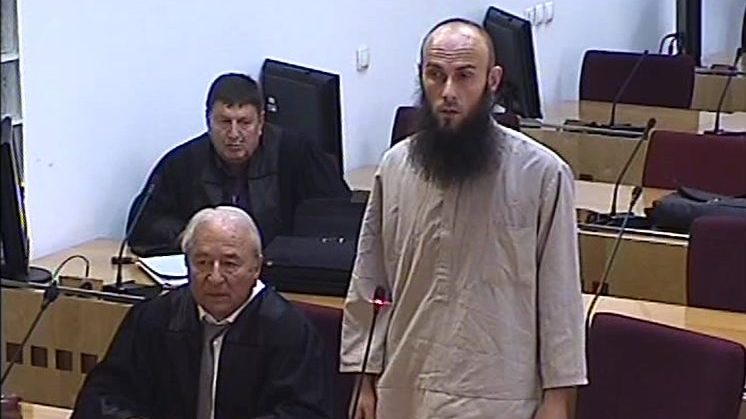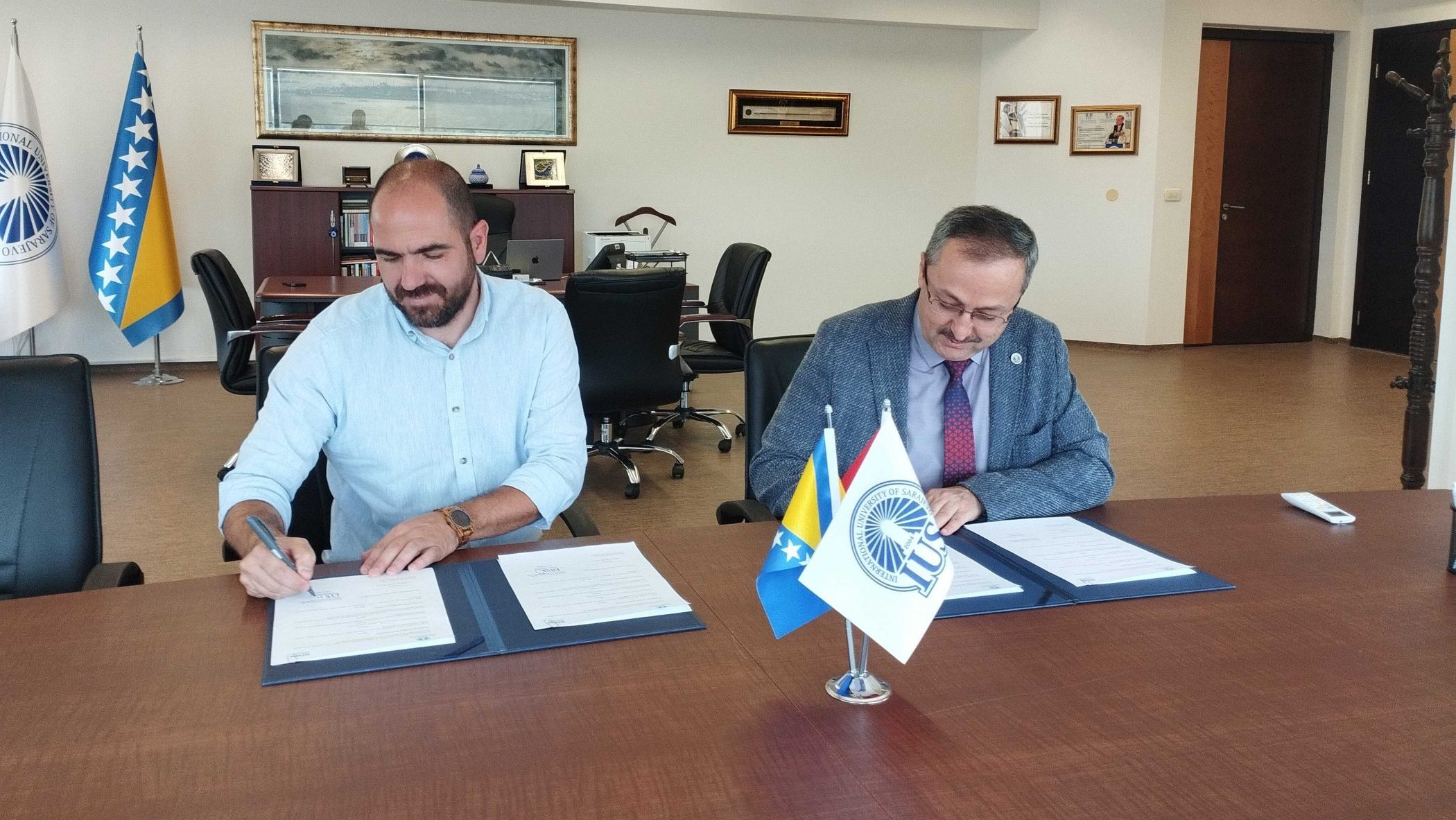This post is also available in: Bosnian
The Mechanism for International Criminal Tribunals in The Hague is to discuss the prosecutors’ appeal in the case against Vojislav Seselj on Wednesday, although the Serbian nationalist politician has declared that he will not attend.
The International Criminal Tribunal for the Former Yugoslavia acquitted Seselj of war crimes against non-Serbs in Croatia, Serbia’s Vojvodina region and Bosnia and Herzegovina by a majority vote in March last year.
In its appeal, the prosecution is asking the court to quash the verdict and find Seselj guilty on all counts in the indictment and sentence him to 28 years in prison, or order a new trial.
Seselj has asked for the appeal to be rejected and the acquittal verdict upheld.
The appeal judgment will be handed down next year.
Seselj was released for cancer treatment in 2014, returned to Serbia and refused to attend the verdict last year.
He has repeatedly insisted that he will not go back to The Hague voluntarily, and dared the Serbian authorities to send him by force.
“They can only take me to The Hague if they put me in chains,” Seselj told Serbian news website Telegraf.rs on Friday.
He said that if he was sent by force, he might go on hunger strike, as he has three times in the past, but would not kill himself in the same way as former Bosnian Croat military chief Slobodan Praljak, who swallowed poison in the Hague courtroom last month.
“My style is different. I wouldn’t do it in a moment ,” Seselj said.
The tribunal has appointed US lawyer Colleen Rohan to represent Seselj’s legal interests in court.
However, Rohan has no right to express her stance on the process itself, but only to protect the defendant’s procedural rights.
‘Crimes were committed, but Seselj wasn’t responsible’
Under the first-instance verdict, Seselj was acquitted of the persecution of non-Serbs on political, racial and religious grounds, deportation and forcible resettlement, as well as crimes against humanity.
He was found not guilty of murders, torture, cruel treatment, the destruction of villages or devastation not justified by military necessity, the destruction of religious buildings and pillaging public or private property, as well as the violation of laws and customs of war.
The verdict found that some of the crimes described in the indictment were committed and that Serbian Radical Party volunteers were involved in them, but that they did not act on Seselj’s orders and approval.
It was confirmed that mass murders, torture, cruel treatment, sexual violence and robbery were committed at several locations in Vukovar in Croatia and Zvornik, Sarajevo, Mostar and Nevesinje in Bosnia and Herzegovina.
But by a majority vote, the judges determined that there was no joint criminal enterprise aimed at creating a unified ‘Greater Serbian’ state on large parts of territory of Croatia and Bosnia and Herzegovina.
They further determined that the creation of a ‘Greater Serbia’ was Seselj’s political goal, but that this did not imply the commission of crimes.
According to the verdict, in Croatia, Bosnia and Herzegovina and Vojvodina there was no widespread and systematic attack against non-Serb civilians, but a conflict between warring parties.
The judges determined, again by a majority vote, that Seselj called for persecution of non-Serbs in some of his speeches, including a speech targeting the Croat population in the village of Hrtkovci in Serbia in May 1992.
But they concluded that “the prosecution has not proved that the mentioned speech led to the departure of Croats and the persecution campaign or that there was a causal connection between Seselj’s speeches and crimes”.
According to the verdict, it has not been proved that Seselj was responsible for the persecution of non-Serbs in Vukovar and Hrtkovci, or abetted and assisted crimes with hate speech at other locations in Croatia and Bosnia and Herzegovina.
The court has left open the possibility of Seselj participating in the hearing from Belgrade via video link if he does not travel to The Hague.
If he fails to attend the hearing, the court will allow Seselj to respond to the prosecutor’s appeal within ten days after receiving a report from the hearing in the Serbian language.
Seselj was held at the Hague Tribunal’s detention unit from February 2003, when he voluntarily surrendered after the indictment against him was made public, until November 2014, when he was released for medical treatment.
He returned to active political life in Belgrade, holding rallies and giving nationalist speeches, and was re-elected as a Serbian MP.
He strongly supported Donald Trump’s campaign for the US presidency, and in November 2016 he used his mobile phone to play a newly-recorded version of a nationalist song in parliament with lyrics celebrating Trump as a heroic saviour.


